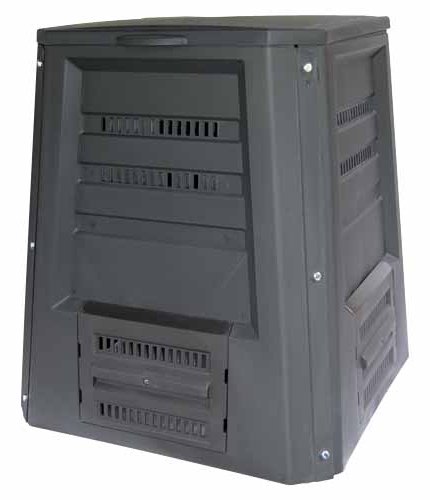How to Make Garden Compost
By Paul Johnson
Autumn is almost upon us and with the wild weather lately leaves are already starting to pile up. Once they begin to fall in even greater quantities the question becomes; what do I do with all this leaf litter? The answer is compost!
Many of us would like to create our own compost, but doing it successfully is often a difficult achievement and autumn is the best time to begin.
Compost is an excellent way of recycling nutrients from vegetable matter, and getting them into your soil will enrich your gardens lifeblood. Not only is it excellent for the garden, it is also great for the environment! Waste from vegetation and food scraps that are sent to landfills break down and release harmful emissions that contribute to the poisoning of our atmosphere. When this waste is allowed to break down and convert naturally into a nutrient rich soil additive, it keeps both your garden and the wider planet healthier and more resilient to disease and parasites.
The easiest way to create and maintain compost is to use a compost bin. These plastic containers come with a lid that keeps the mix from getting soggy and have air holes that are carefully placed in order to ensure proper aeration. These are simple and easy to use, just throw your scraps in as you accumulate them and be sure to mix it regularly.
Before you start! Always remember to avoid composting meat, dairy or cooked food. These will attract vermin and create an unwanted foul smell in your compost.
There are four ingredients needed to create the perfect compost.
1. “Browns” are carbon rich ingredients that are slow to rot. They include;
- Cardboard
- Straw and wood shavings
- Woody pruning’s
- Fallen leaves
- Egg shells
2. “Greens” are nitrogen rich and provide the acceleration for the “browns”. They include;
- Grass cuttings
- Raw vegetable and vegetable peelings
- Tea bags and coffee grinds
- Soft green pruning’s
- Fruit and fruit peel
3. Water aids in the breakdown of the materials however all materials should be damp, but not wet!
4. OXYGEN! Without oxygen the microbes that break down the composting material cannot survive. Oxygen gives life and also breaks it down so your heap MUST be aerated regularly.
Once you recognize the different ingredients composting is simple.
Place your bin on a grass or soil base and make a small layer of sticks to help drainage (15cm deep is more than sufficient). Add equal amounts of “greens” and “browns” as they are accumulated, being sure to mulch them prior to adding as larger pieces will take longer to break down. Mix your compost once a week adding water if necessary to keep it damp (but not soaked!). It’s that simple!
Begin now and you can have a great organic and nutrient rich compost by spring that will enrich your plants and protect them from pests and parasites at no cost!
Copyright JBH Mitre 10, 2013. All Rights Reserved .

